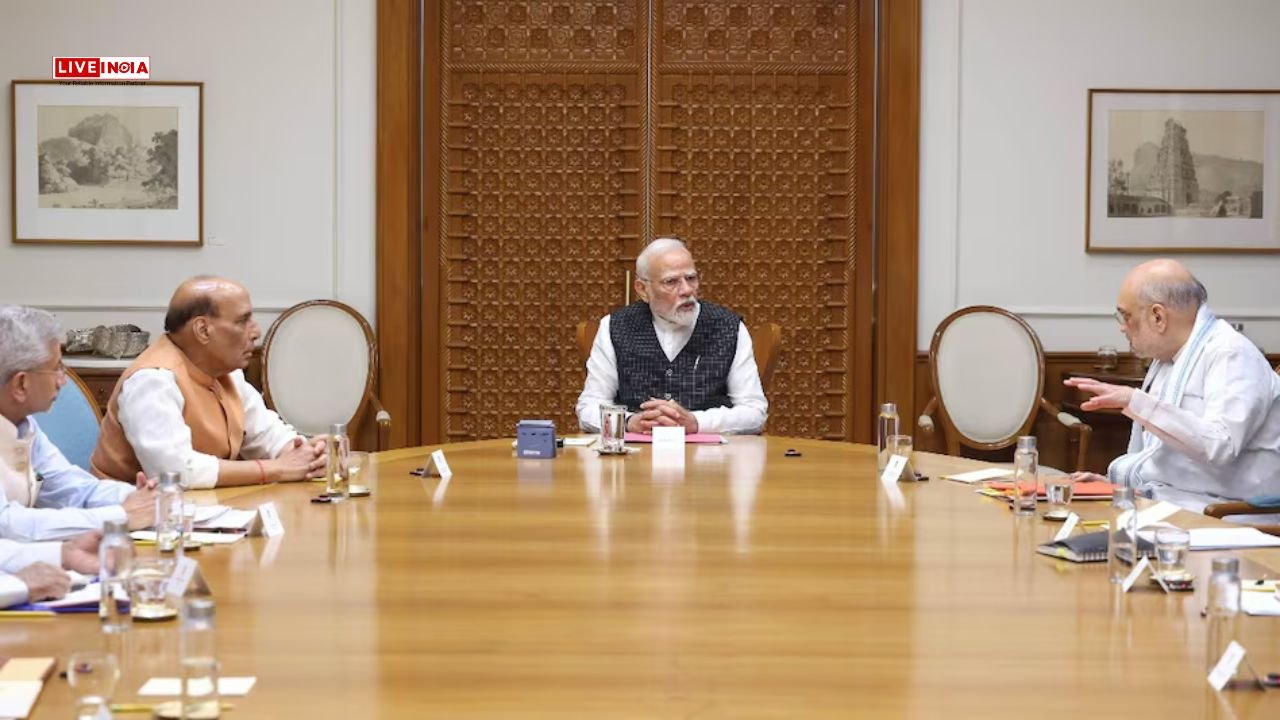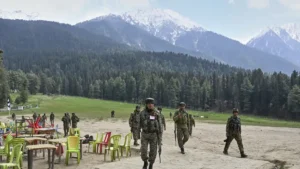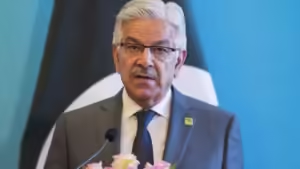India Suspends Indus Treaty: India has taken major diplomatic steps against Pakistan following a recent terrorist attack in Pahalgam, showing you how serious the situation has grown between these South Asian nations. The Indian government announced several strict measures that could alter the regional dynamic for years to come.
Diplomatic Relations Deteriorate After Pahalgam Attack
Following the deadly terror attack in Pahalgam, India has decided to suspend the Indus Waters Treaty, expel Pakistani water advisors, cancel visas for Pakistani nationals, and close the Attari border crossing. These steps represent one of the toughest stances India has taken against Pakistan in recent years.
You might recall that India and Pakistan share a complex history filled with tension and occasional conflict. This recent attack seems to have pushed Indian authorities toward taking these unprecedented measures against their neighbor.
India Suspends Indus Treaty
The suspension of the Indus Waters Treaty marks a major shift in policy. This treaty, which dates back to 1960, has stood as one of the most durable agreements between these often feuding nations.
Under this treaty, control of the eastern rivers (Ravi, Beas, and Sutlej) was given to India, while Pakistan received rights to the western rivers (Indus, Jhelum, and Chenab). The treaty has survived multiple wars and conflicts, making its suspension particularly significant.
- The treaty has been considered one of the world’s most successful water-sharing arrangements
- It was brokered by the World Bank and signed in 1960
- The agreement has survived three wars between India and Pakistan
Immediate Actions Taken
You should understand that beyond the treaty suspension, India has taken several other immediate steps:
- Expelled all Pakistani water advisors from Indian territory
- Canceled existing visas for Pakistani nationals
- Closed the Attari border crossing, a major point of trade and travel
These actions follow what Indian officials claim was clear evidence of Pakistani involvement in the recent terrorist attack. The Ministry of External Affairs stated these tough steps were necessary given the grave nature of the situation.
India Suspends Indus Treaty: Border Closure Impact
The closure of the Attari border could bring a major economic impact to cross-border trade. This point serves as an important gateway between the nations where goods and people regularly move between countries.
You might wonder about the humanitarian impact this could have on families with members on both sides of the border. Travel between these nations, already difficult, will become nearly impossible with these new restrictions in place.
Global Reactions
World powers have begun responding to this dramatic shift in South Asian politics. The United States has urged both nations to show restraint, while China, a close ally of Pakistan, has expressed concern about regional stability.
“This represents a significant escalation,” noted one South Asian policy expert. “The Indus Waters Treaty has survived previous conflicts precisely because water access is so vital to both nations.”
Historical Context
You should know that while tensions between India and Pakistan often flare up, this level of diplomatic action remains unusual. Previous terrorist incidents have led to military standoffs, but rarely have they resulted in such broad diplomatic measures.
Water rights have always been a sensitive issue between these nations. Any change to the existing water-sharing arrangement could affect millions of people who depend on these rivers for agriculture, industry, and daily needs.
India Suspends Indus Treaty: What This Means Moving Forward
These actions signal a major shift in India’s approach toward dealing with Pakistan. Previous governments often relied on international pressure or limited military responses following terror attacks.
Moving ahead, you can expect heightened tension along the border areas as both nations adjust to this new reality. Pakistan will likely seek international support against what they may claim are violations of international agreements.
Economic Consequences
The border closure and visa cancellations will have immediate economic effects. Trade between these neighbors, while limited compared to their economic potential, still amounts to hundreds of millions of dollars annually.
You might see prices increase for certain goods in border regions where local economies depend on cross-border commerce. Businesses that rely on this trade will likely suffer significant losses.
With diplomatic channels nearly closed, opportunities for de-escalation appear limited at present. The coming weeks will prove crucial in determining whether these measures represent a temporary reaction or a long-term shift in India’s Pakistan policy.
As the situation continues to develop, international organizations including the United Nations may attempt to mediate. However, India’s strong stance suggests they believe these measures are necessary to address what they view as ongoing security threats from across the border.







Be First to Comment